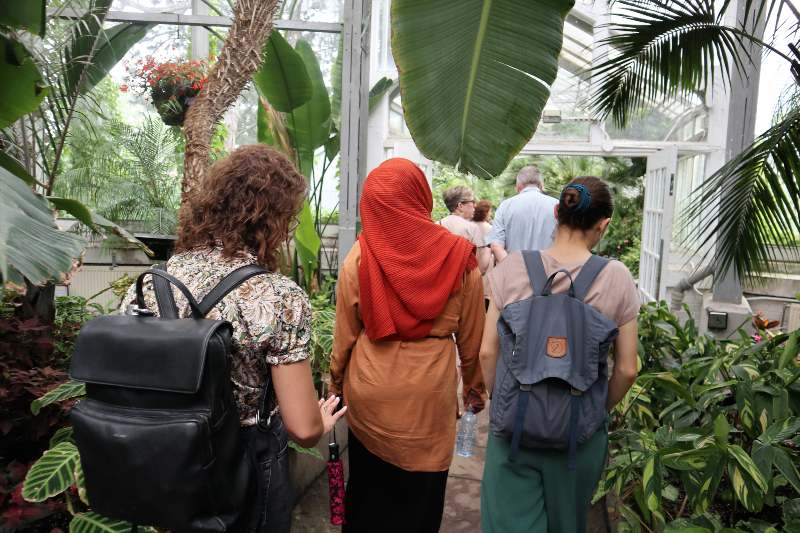Our Story

The Office of Social Innovation (OSI) was founded on August 1st, 2016 under the auspices of the Provost and Vice-President Academic. OSI was created in response to the growth of social innovation initiatives for students and the need for consolidating the university’s ecosystem to support the advancement of social innovation.
We recognize that social innovation (SI) has many definitions. At OSI, we define social innovation as the practice of using creative and collaborative approaches to challenge historical and existing systems of exclusion in order to have a transformative impact on society and the environment.
Vision & Values
Our vision is to model socially innovative approaches that support communities both locally and globally. Our work is guided by social justice, equity, respect, accessibility, and reconciliation.
We value the fair and just treatment of all community members through the creation of opportunities and the removal of barriers to address historic and current disadvantages for under-represented and marginalized groups.
Read the full definition from the Office of the Vice President Equity and Community Inclusion
Respect is the positive regard of one person for another, which is demonstrated through actions and words that show this esteem for the individual. Respect is both given and received, and is earned through this reciprocity. From an equity, diversity and inclusion perspective, respect involves understanding and valuing differences.
Definition taken from The Institutional Diversity Blog (external link) .
We are committed to providing accessible learning and employment spaces for students, employees, and community members. We abide by the core principles of the Accessibility for Ontarians with Disabilities Act (AODA) (external link) of dignity, independence, integration, and equal opportunity.
The Truth and Reconciliation Commission (TRC) (external link) describes reconciliation as establishing and maintaining a mutually respectful relationship between Indigenous and non-Indigenous peoples in Canada, a relationship that does not currently exist. We are committed to responding to the TRC’s Calls to Action, the structural transformation of colonial institutions, and the success of Indigenous students, faculty, staff, and community members.